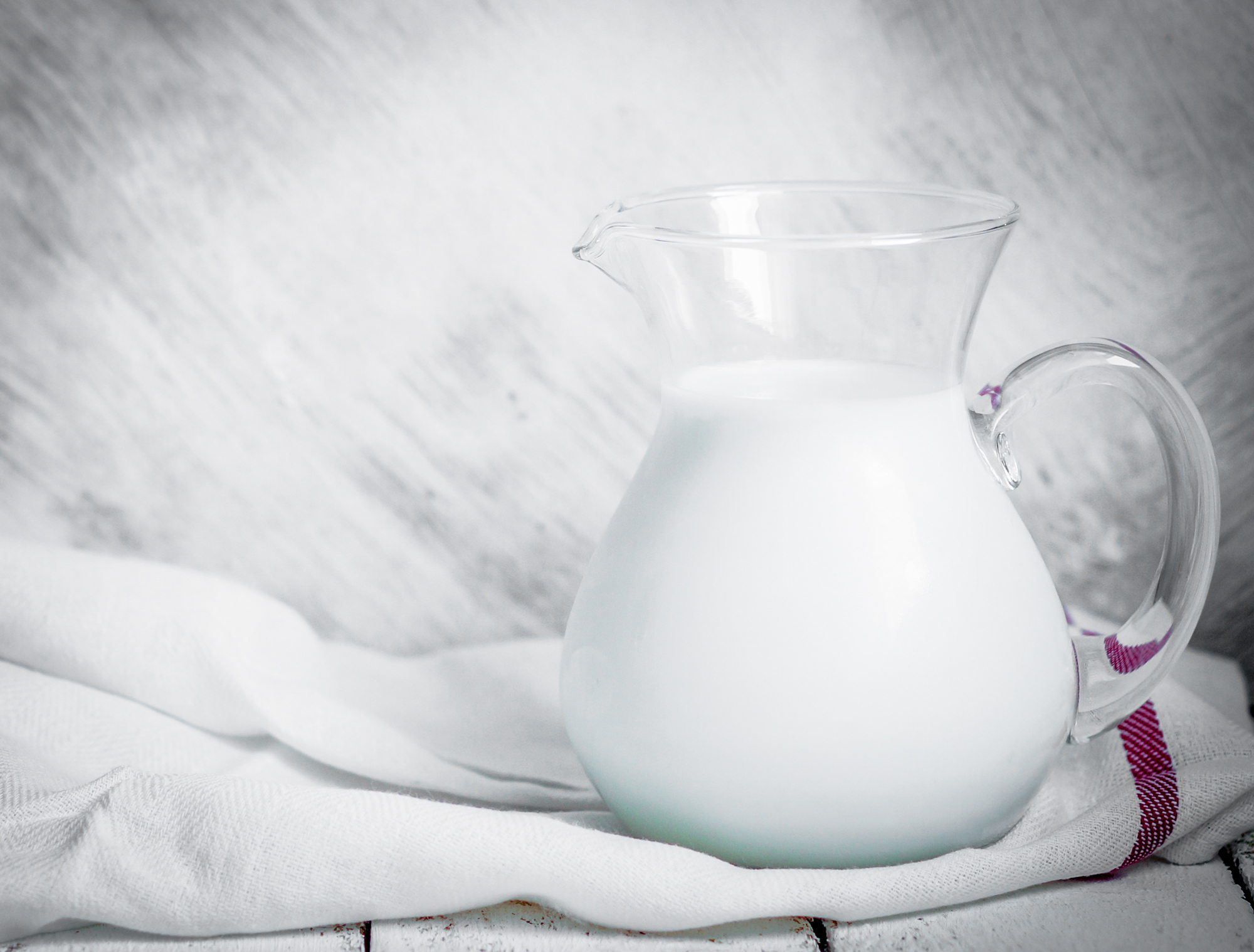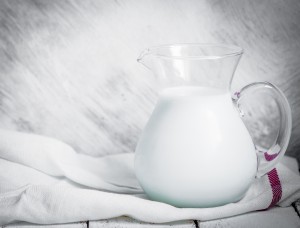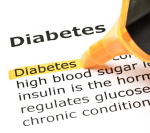
 Truth: Fat-free and low-fat cheese, milk, and yogurt are just as healthy as whole-milk dairy products, and they are lower in fat and calories.
Truth: Fat-free and low-fat cheese, milk, and yogurt are just as healthy as whole-milk dairy products, and they are lower in fat and calories.
Dairy products offer protein to build muscles and help organs work well, and calcium to strengthen bones. Most milk and some yogurts have extra vitamin D added to help your body use calcium. Most Americans don’t get enough calcium and vitamin D and dairy is an easy, affordable way to get more of these nutrients.
Lifestyle, age, diet, and even medications can all make demands on your body for more vitamin D or actually deplete your reserves.
If you have a medical problem, are on medications that lower vitamin D levels such as antipsychotic medication and certain medications used to treat depression, are pregnant, nursing, or over age 50, be sure to talk to your doctor to see if you need additional vitamin D.
Diet Tips
Based on Government guidelines, you should try to have 3 cups a day of fat-free or low-fat milk or milk products. This can include soy beverages fortified with vitamins.
If you can’t digest lactose (the sugar found in dairy products), choose lactose-free or low-lactose dairy products or other foods and beverages that have calcium and vitamin D:
- calcium: soy-based beverages or tofu made with calcium sulfate; canned salmon; dark leafy greens like collards or kale
- vitamin D: cereals or soy-based beverages


